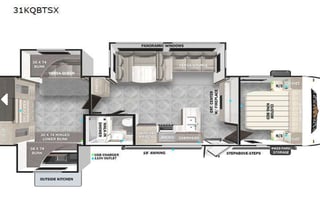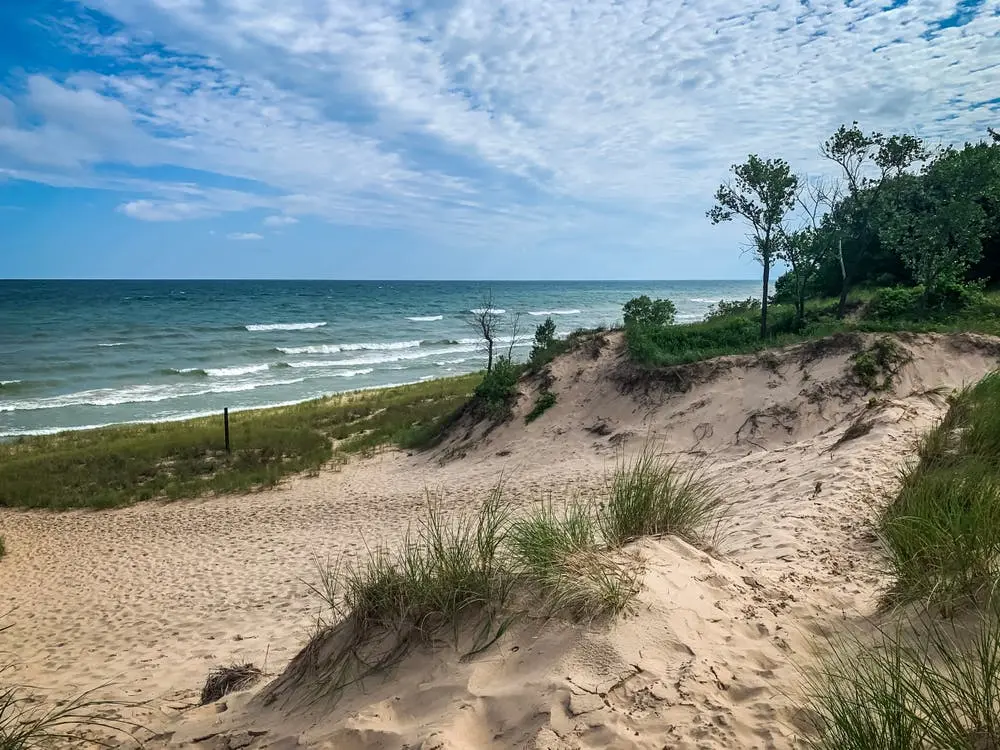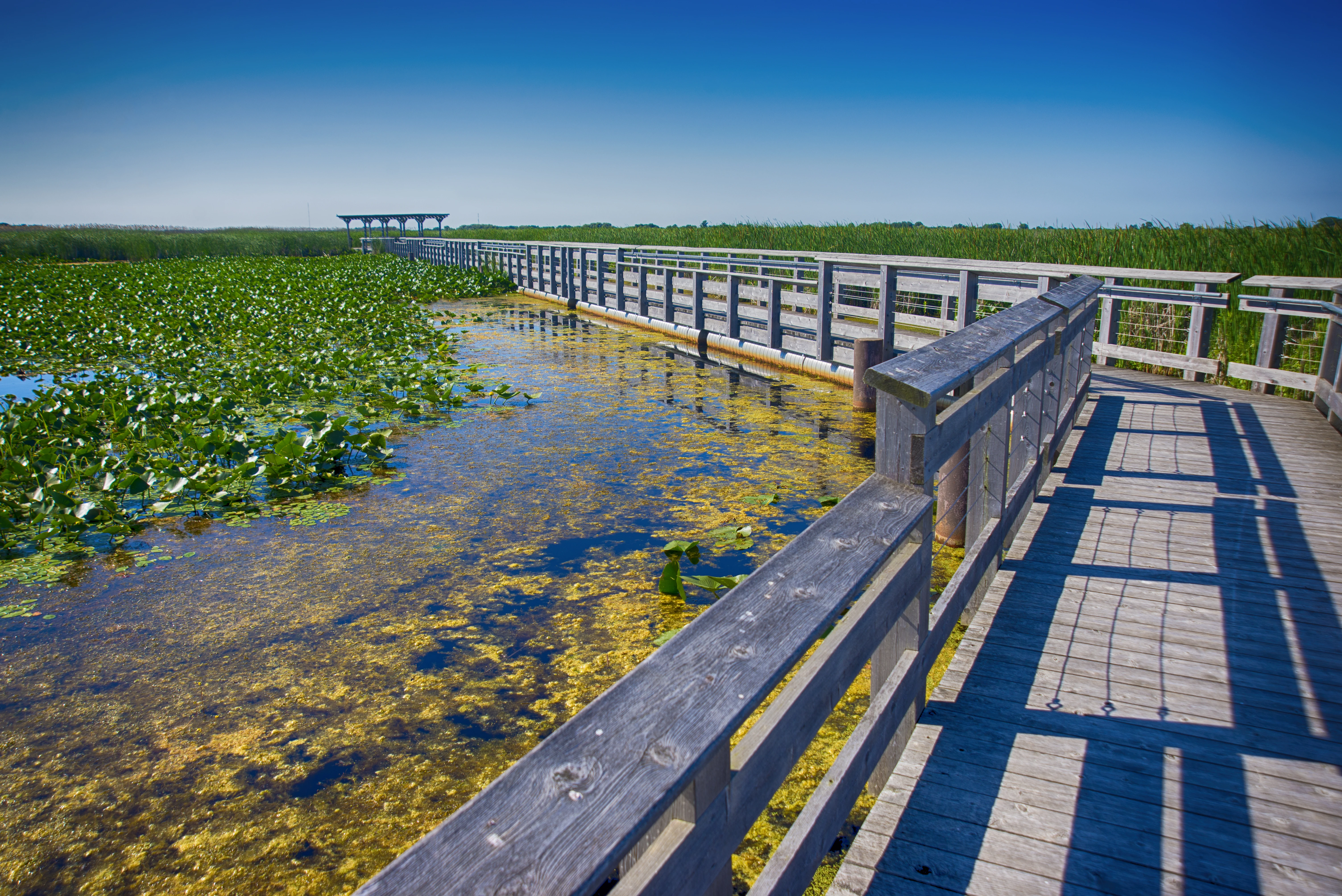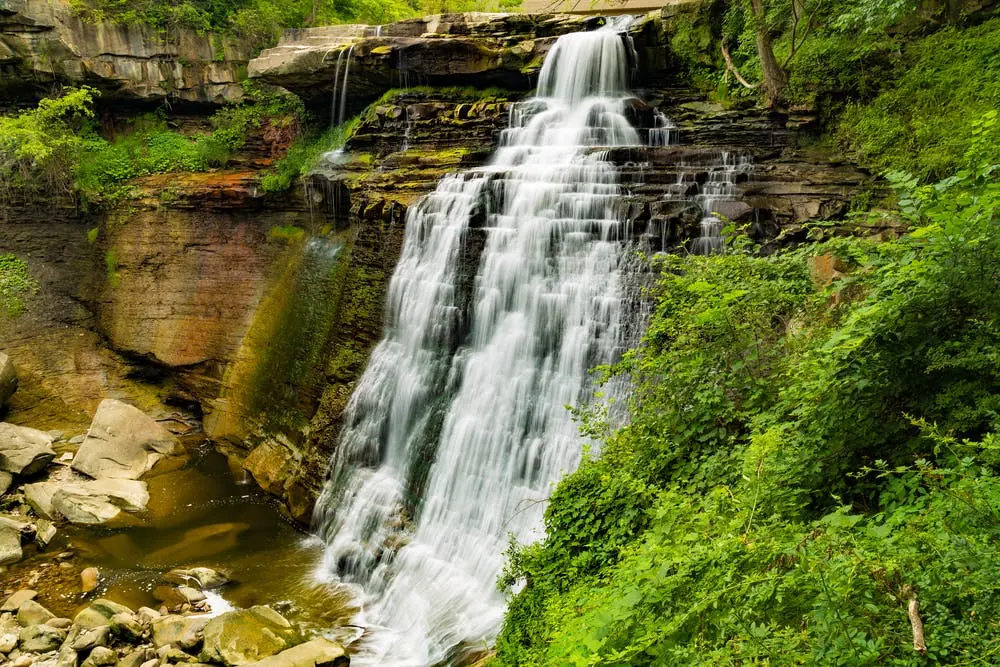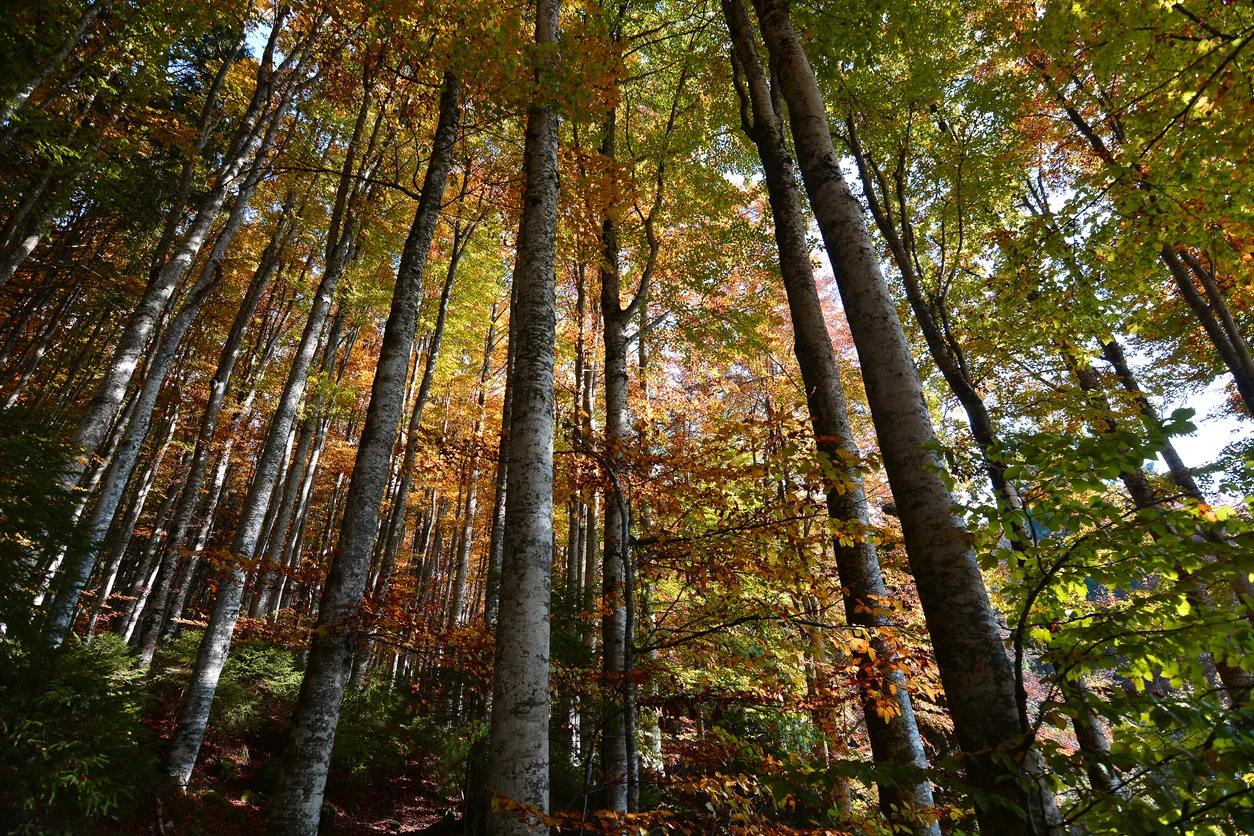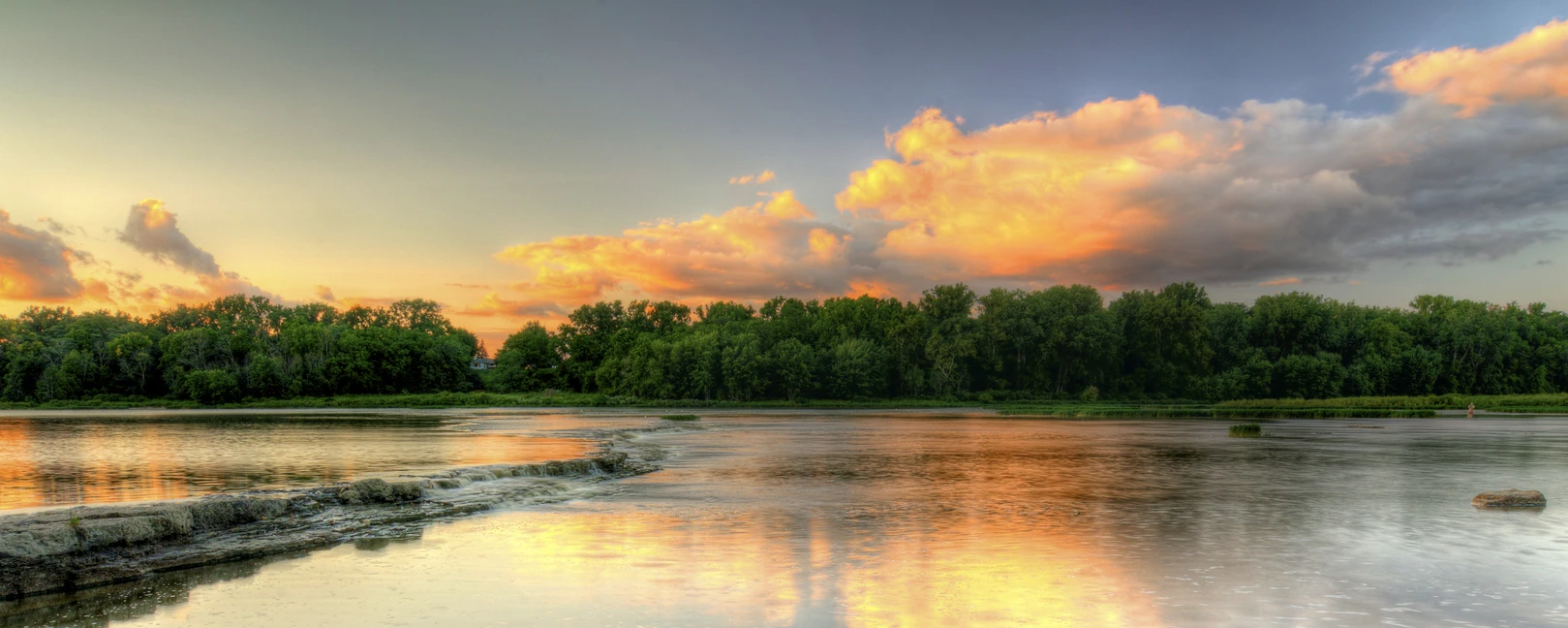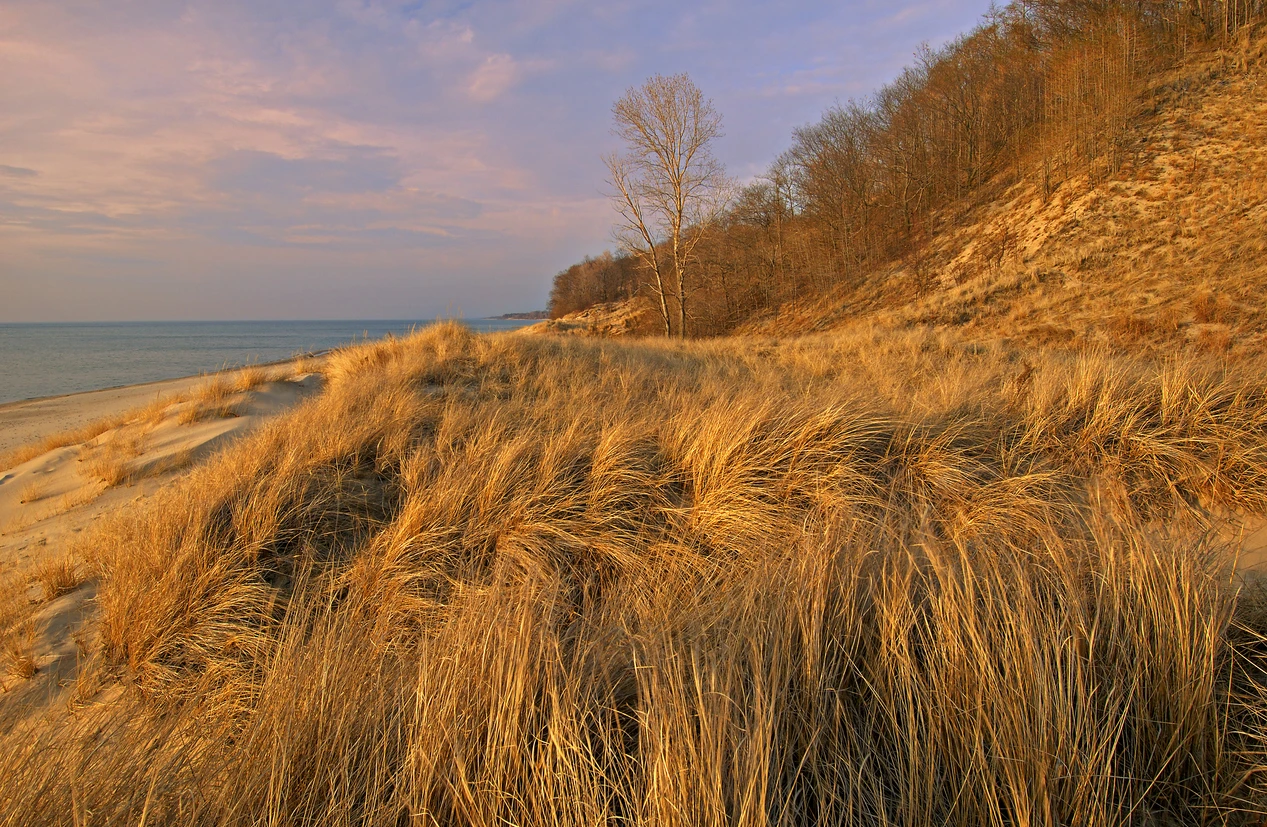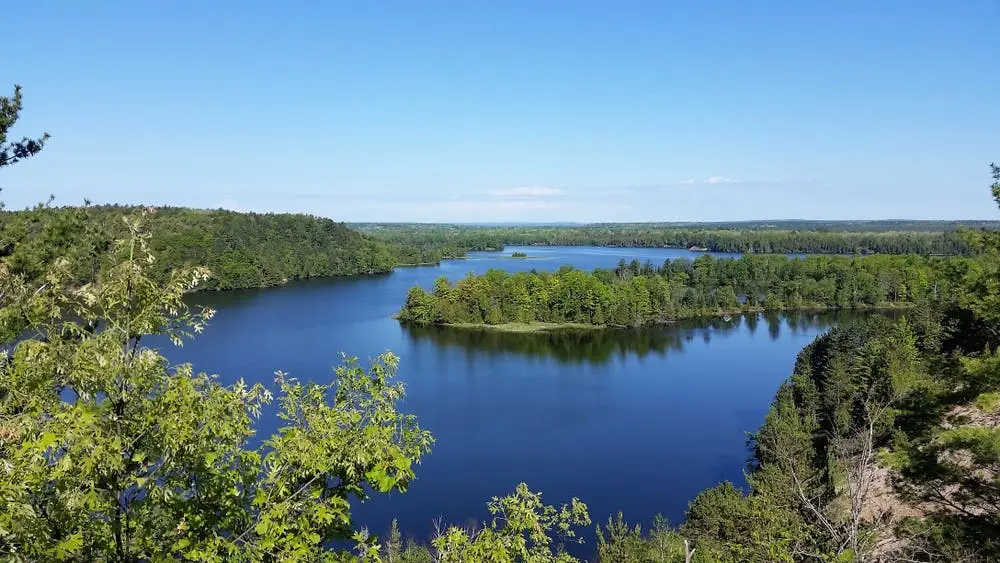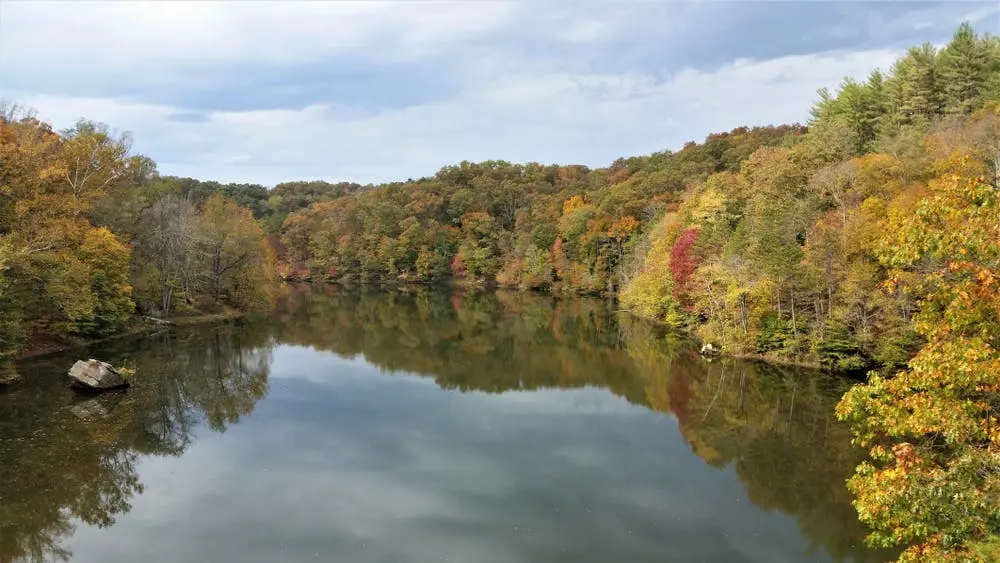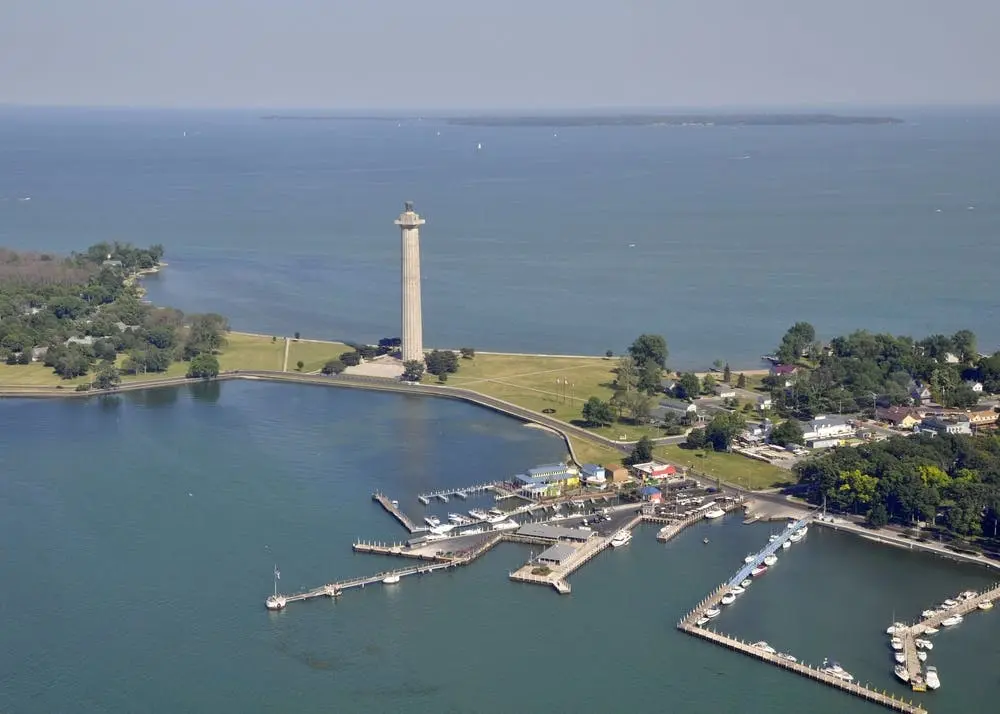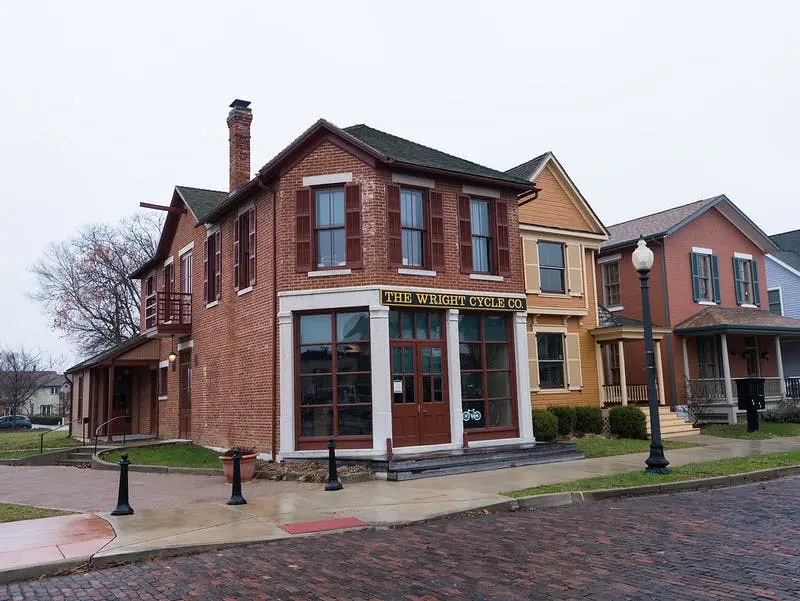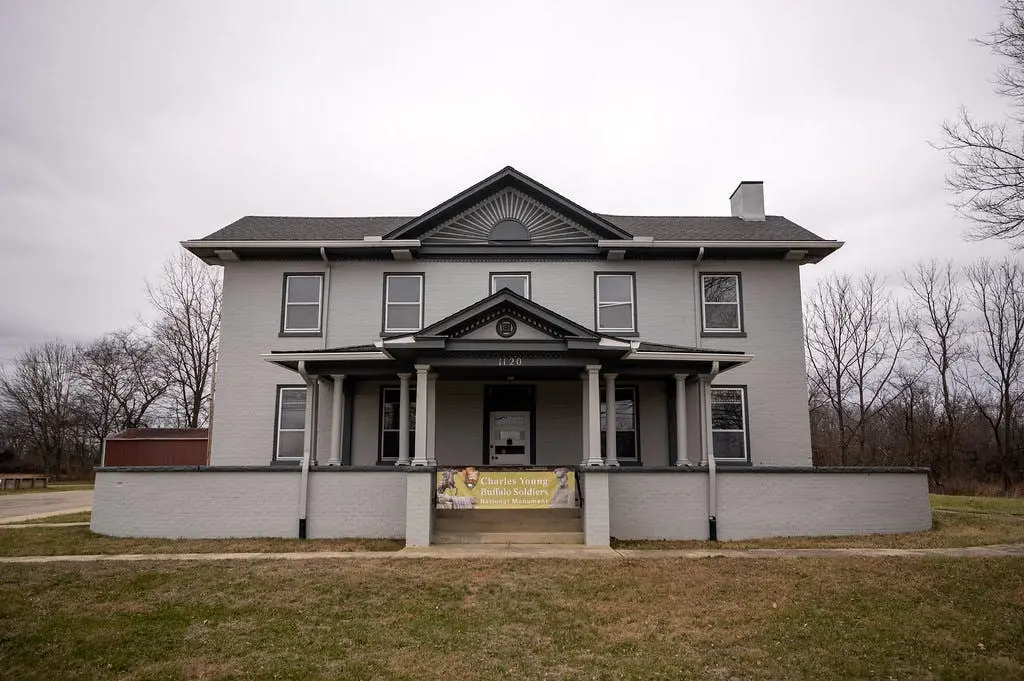


Browse motorhome by RV Class in Coldwater, MI
Class A
Driver should be comfortable driving something as large as a busView all Class A rentals in Coldwater
Class B
Comparable to driving and maneuvering an oversized vanView all Class B rentals in Coldwater
Class C
Comparable to driving a truck and popular option for beginner RV driversView all Class C rentals in Coldwater
Browse towable by RV Class in Coldwater, MI
Travel Trailer
Trailer options exist for every kind of SUV or pickup tow vehicleView all Travel Trailer rentals in Coldwater
Popup
Can be towed by ordinary passenger vehiclesView all Popup rentals in Coldwater
Toy Hauler
Can be towed by many SUV or pickup tow vehiclesView all Toy Hauler rentals in Coldwater
Popular RV Searches in Coldwater, MI
Cheap
Under $100 per nightView all Cheap rentals in Coldwater
Affordable
$100 - $250 per nightView all Affordable rentals in Coldwater
Luxury
Above $250 per nightView all Luxury rentals in Coldwater
Delivery
Owners that deliverView all Delivery rentals in Coldwater
Pet Friendly
Bring your furry friendView all Pet Friendly rentals in Coldwater
Best National Parks Near Coldwater, MI
Indiana Dunes National Park lies in northern Indiana, situated just to the south of Lake Michigan. The park is named for its rugged dunes but also contains wetlands, prairies, forests, rivers, and beaches. The diverse landscape offers a scenic setting to enjoy activities like horseback riding, biking, hiking, fishing, boating, and watersports. Plus, the park regularly hosts a variety of activities and events.
If you travel to northern Ohio, you can visit the lush natural haven of Cuyahoga Valley National Park, which is the lone national park in the state. The park is home to 125 miles of scenic trails, which can be explored on foot, bike, or horseback. There's also a long stretch of the Cuyahoga River, offering great opportunities for activities like fishing, kayaking, and canoeing. Perhaps the park's most notable feature is its collection of waterfalls, containing 100 of them in total, including the 65-foot Brandywine Falls.
Michigan's only national park is Isle Royale National Park, which is found on a picturesque island in Lake Superior. The island is not open to cars; all visitors must travel on foot or by boat. Due to its population of creatures like moose, gray wolves, red foxes, beavers, and minks, the park is a popular destination for wildlife viewing. The island also features several charming lighthouses and provides opportunities for swimming, kayaking, scuba diving, and hiking.
Located in northwest Ohio, Harrison Lake State Park covers 142 acres and is known as a great spot for wildlife viewing and bird-watching. The area is inhabited by creatures like skunks, red foxes, raccoons, great blue herons, and egrets. The park also features 3.5 miles of hiking trails, a swimming beach, and a lake that's perfect for fishing. Other popular activities for visitors include picnicking, disc golf, biking, cross-country skiing, sledding, and ice fishing.
Independence Dam State Park is situated in Defiance, OH, and is known for its exceptional natural beauty. Located along the banks of the Maumee State Scenic River, the park offers a lovely setting for boating, fishing, hiking, picnicking, camping, and bird-watching.
Van Buren State Park comprises 400 acres near the shores of Lake Michigan, featuring sandy beaches, towering dunes, and dense woodlands. The park is a popular spot for those looking to relax on the beach, swim in the lake, or hike along the forested trails.
National Forests Near Coldwater, MI
You should certainly take the opportunity to visit one or more of Michigan's amazing monuments and landmarks. One cool landmark is the Norton Mounds, located near Grand Rapids and boasting a rich Native American history. The mounds played a crucial role in ceremonial and cultural events, and visiting them in person is a memorable and, for some people, spiritual experience.
If you head to Lansing, MI you can visit the Michigan State Capitol building. The building is regarded as one of the most recognizable government buildings due to its soaring dome. The building is open for public tours for anyone who wishes to explore its interior and learn more about it.
In Detroit, it's worth taking some time to visit The Henry Ford, which is also known as The Edison Institute. The massive indoor and outdoor museum is an excellent place to learn about the history of American innovation.
One quality campground in the Coldwater area is Fort Custer State Recreation Area, which offers 491 RV campsites available for $20 to $25 per night. The spacious sites feature 30-amp electrical hookups, and the campground contains horseshoe pits, a playground, and other amenities.
If you enjoy outdoor recreation, you may want to stay at the Tri-Lake Trails Campground. There, you can rent one of the 272 full-hookup RV campsites for $36 per night. The park offers nearby opportunities for activities like hiking, boating, fishing, and sunbathing.
Another peaceful place to camp is Pine Lake Resort, which boasts 100 full-hookup RV campsites available for $40 per night or $240 per week. The campground features a clubhouse, an on-site dock, a playground, sports fields, and various other amenities.
RV Rentals Near Coldwater, MI
Frequently Asked Questions About Renting a Towable RV Near Coldwater, MI
If I want to rent a towable RV, how do I tell if my vehicle can handle the tow?
Before renting a towable RV, it is essential to ensure that your vehicle can handle the weight and hitch type of the trailer. You can find this information in your vehicle's owner's manual. You will also need to check the Gross Vehicle Weight Rating (GVWR) of the trailer, which can usually be found on a sticker located on the trailer. It is recommended that you do not exceed 80% of your vehicle's maximum tow rating and make sure you have the proper hitch, brake controller, and sway control device.
Are there any limitations on the types of roads or terrain I can navigate with a towable RV rental in Coldwater, MI?
Yes, there are limitations on the types of roads and terrain that you can navigate with a towable RV rental. It is important to check the RVshare rental agreement to see what types of roads and terrain are permitted. In general, most towable RVs are suitable for paved roads and well-maintained campgrounds. However, some rentals may be equipped with off-road tires, making them suitable for moderate off-road terrain.
Are there any additional insurance considerations or requirements when towing a rental RV, and how can I ensure I am adequately covered?
When renting a towable RV, there are three insurance options in case of an accident or damage. RVshare offers different types of insurance coverage, including liability, collision, and comprehensive. It is recommended that you choose the coverage that best suits your needs.
Do I use a sway control device when towing a RV, and does RVshare provide it, or do I need to bring my own?
A sway control device is highly recommended when towing a RV, especially on highways or in windy conditions. Discuss with the RV owner if this is something you will need. RVshare does not provide sway control devices, but the individual owner might.
What kind of braking system do I need for a towable RV rental, and how do I ensure it is properly installed and functional?
All towable RV rentals require a functioning braking system. There are two types of braking systems: electric and surge. Electric brake systems require a brake controller to be installed in the towing vehicle, while surge braking systems are built into the trailer's hitch. It is important to ensure that the braking system is properly installed and functional before towing. RVshare recommends having a professional mechanic inspect the brakes before renting.
Are any unique features or amenities available in towable RV rentals that may not be found in other RVs in Coldwater, MI?
The features and amenities available in towable RV rentals vary depending on the unit and the owner's preferences. Some common features found in towable RVs include full kitchens, bathrooms, and sleeping areas. Unique features may include outdoor kitchens, fireplaces, and spacious living areas. It is recommended that you browse RVshare's inventory to find a rental unit that meets your specific needs.
How do I properly load and distribute weight within a towable RV rental to ensure safe and stable towing?
Proper weight distribution is crucial when towing a RV. It is recommended that you load heavier items towards the front of the trailer and distribute weight evenly from side to side. You should also avoid overloading the trailer and keep the weight under the GVWR. It is recommended that you use a weight distribution hitch, which can help balance the weight and provide more stability when towing.
What are the fuel efficiency considerations when towing a rental RV, and how can I minimize the impact on my fuel costs?
Towing a rental RV can have a significant impact on your vehicle's fuel efficiency. It is recommended that you use a towing vehicle with a fuel-efficient engine and avoid driving at high speeds. Additionally, removing any unnecessary weight from your vehicle and trailer can help maximize fuel efficiency. It is also recommended that you maintain a consistent speed and avoid sudden stops and starts.
What kind of maintenance or upkeep do I need on a towable RV rental during my rental period, and what kind of supplies or tools do I need to have on hand for this?
During your rental period you are not responsible for maintenance. Treat the RV with care and maintain cleanliness during your trip.
